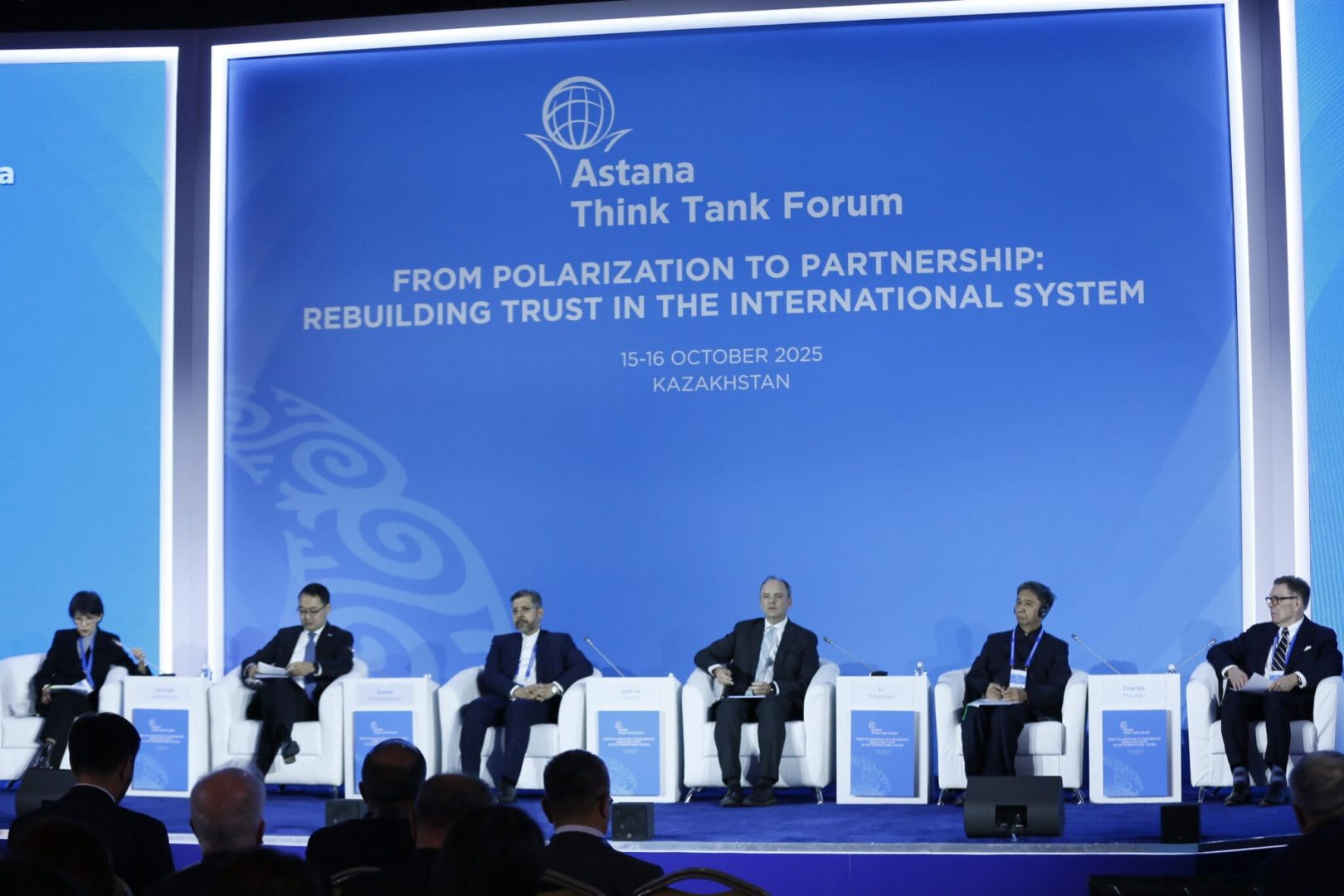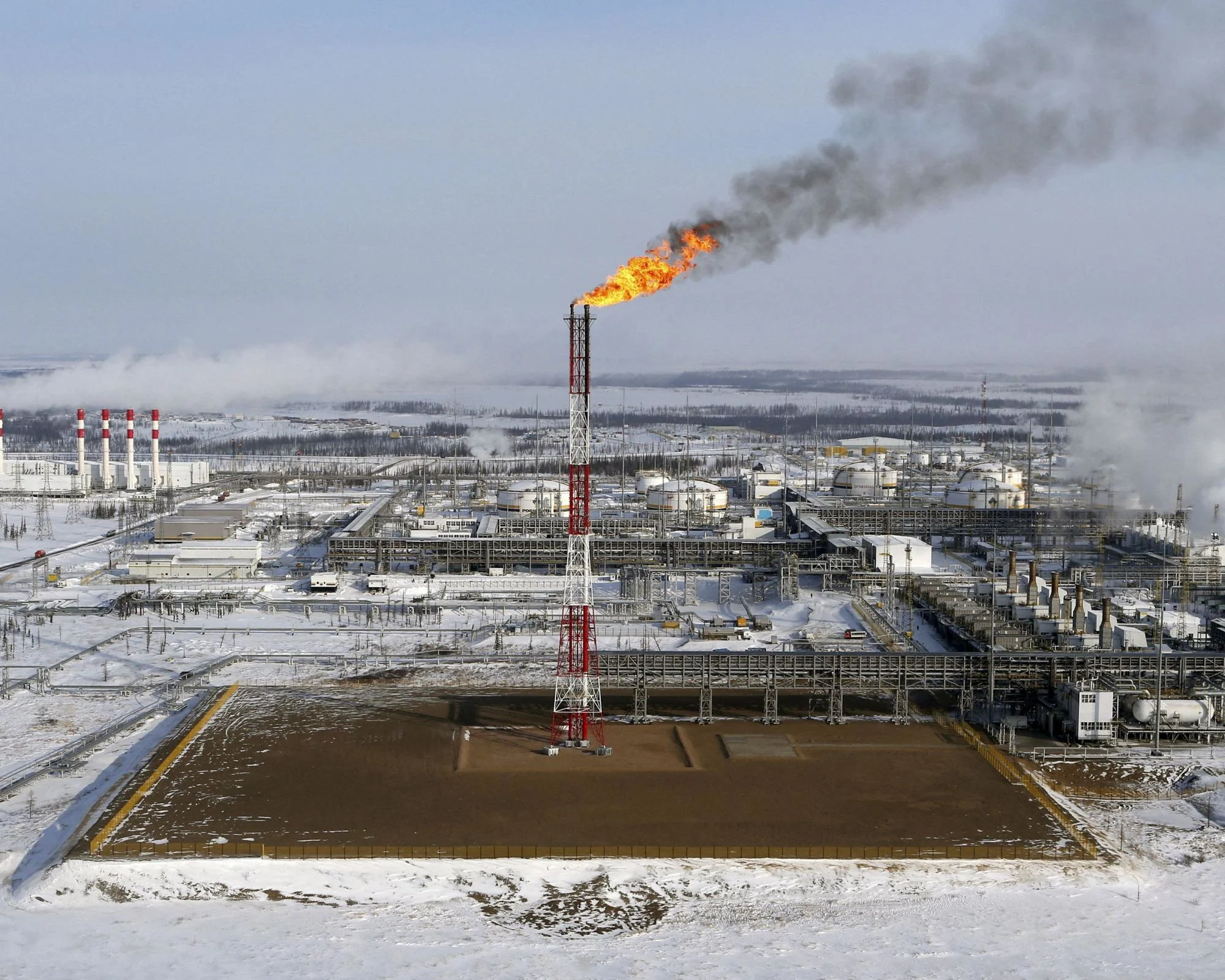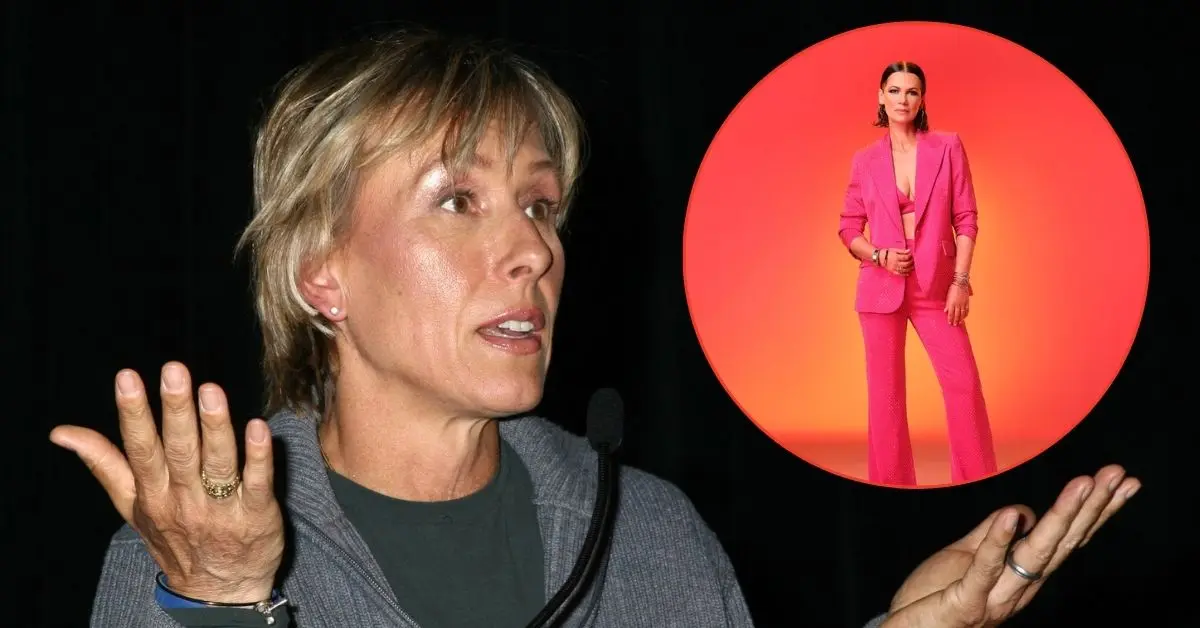Copyright londonjournal

The Astana Think Tank Forum 2025, held on October 15–16, reaffirmed Kazakhstan’s emerging role as a global platform for constructive dialogue and intellectual exchange. This year’s discussions focused on the pressing themes of transborder cooperation and the urgent need to restore trust within the international system. Bringing together policymakers, scholars, business executives, and opinion leaders from around the world, the forum underscored Kazakhstan’s growing importance as a convening power in a fragmented geopolitical landscape. At a time when global polarization continues to challenge multilateral institutions and international diplomacy, participants highlighted the need for renewed commitment to cooperation, transparency, and inclusivity. The erosion of trust among nations, driven by competition, misinformation, and geopolitical rivalries, has weakened global governance structures. Against this backdrop, Astana once again demonstrated its value as a space for open dialogue and bridge-building between diverse perspectives. Throughout the sessions, experts emphasized that transborder cooperation is no longer a luxury but a necessity. From energy security and environmental protection to trade and technology, the issues of today transcend national boundaries and require coordinated, forward-looking responses. Participants called for deeper partnerships among governments, think tanks, and the private sector to develop sustainable solutions that address both regional and global challenges. Central to the forum’s deliberations was the question of how to rebuild trust – a challenge that has become increasingly complex in a world of competing narratives and declining confidence in institutions. Speakers agreed that trust must be restored through consistent engagement, accountability, and the pursuit of mutual benefit. This means moving beyond rhetoric toward tangible cooperation that demonstrates shared responsibility and concrete progress. The Astana Think Tank Forum itself, through its open and inclusive model, exemplifies this principle, offering a neutral ground where dialogue can flourish and differences can be bridged. The forum also reflected a broader vision of Kazakhstan’s role in international diplomacy. Situated at the crossroads of continents and civilizations, Kazakhstan has long championed dialogue as the foundation for peace and development. Initiatives such as the Astana International Forum and the Congress of Leaders of World and Traditional Religions complement the objectives of the Think Tank Forum, positioning Astana as a hub for thoughtful engagement and practical cooperation on global issues. Observers noted that the strength of the Astana Think Tank Forum lies in its diversity, bringing together voices from different regions, disciplines, and policy traditions. Yet, to ensure lasting impact, participants suggested that future editions could focus on producing more actionable outcomes. Establishing mechanisms to monitor progress on key recommendations would help translate dialogue into concrete policy and institutional change. Looking ahead, there is growing interest in expanding the forum’s agenda to include emerging challenges such as climate resilience, digital governance, and artificial intelligence. These issues will define the global order of the coming decades and require collaborative approaches that blend expertise, innovation, and diplomacy. Engaging the next generation of thinkers and leaders – especially from academia and civil society – would further strengthen the forum’s relevance and sustainability. The Astana Think Tank Forum 2025 ultimately succeeded in reaffirming the power of ideas, dialogue, and trust in shaping the future of international cooperation. In an era when global relations are too often defined by division, Astana continues to champion the opposite: building bridges, promoting understanding, and advancing a vision of shared progress. By fostering inclusive debate and actionable insight, the forum not only enhances Kazakhstan’s profile as a center for thought leadership but also contributes meaningfully to the global effort to renew confidence in diplomacy and collective problem-solving.



